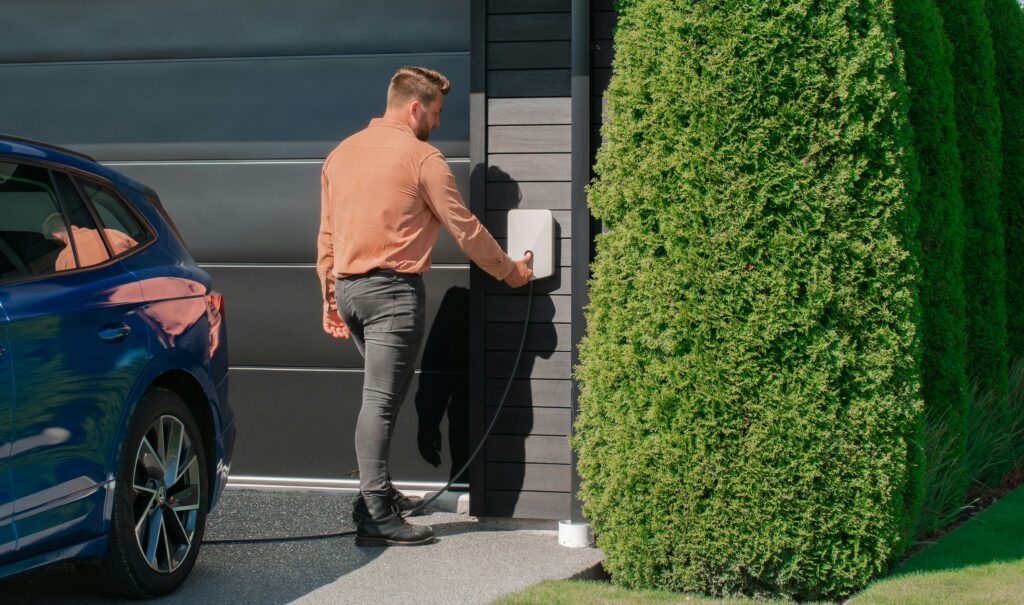
Electric vehicles (EVs) are becoming increasingly popular as the world shifts towards sustainable transportation. This rise in EV adoption creates a crucial need for home charging solutions, allowing vehicle owners to charge their cars conveniently overnight or when needed. Installing a home EV charger, however, is not just a matter of plugging in a device; it involves complex electrical work that requires the expertise of a licensed electrician. Here’s why professional installation is recommended and essential for safety and efficiency.
Understanding the Basics of EV Charger Installation
Electric vehicle chargers come in various levels, with Level 2 chargers being the most common choice for home use due to their faster charging times compared to Level 1 chargers. Installing a Level 2 charger typically involves electrical requirements that exceed standard household outlets, including higher amperage and voltage. This necessitates modifications to your home’s electrical system—a task that should not be taken lightly.
The Role of a Licensed Electrician
1. Safety First: The foremost reason to hire a licensed electrician is safety. Incorrect installation of an EV charger can lead to electrical fires, shocks, or serious injuries. Licensed electricians have the training and experience to handle high-voltage systems safely, ensuring that all work complies with national and local electrical codes and standards.
2. Compliance with Codes and Permits: Electrical installations require adherence to strict building codes and standards. Licensed electricians are familiar with these regulations and can ensure that your EV charger installation complies with all legal requirements. Often, the installation process involves securing permits and subsequent inspections by city officials. A licensed electrician will navigate these processes, ensuring your installation is legal and up to code.
3. Insurance and Liability: Your homeowner’s insurance may require a licensed electrician. Installations performed without proper qualifications may void your insurance policy, leaving you unprotected in the event of damage or fire caused by electrical faults.
4. Optimal Performance and Efficiency: A licensed electrician can advise on the best type of charger for your vehicle, considering factors like charging speed and energy efficiency. They ensure that the installation is optimized for performance, helping you maximize your investment.
5. Future-Proofing Your Installation: Technology and requirements evolve; a licensed electrician will consider future trends, such as the potential need for more powerful chargers. Proper installation can accommodate upgrades, saving you significant reinstallation costs.
Choosing the Right Electrician
When selecting an electrician, verify their credentials and ensure they have experience with EV charger installations. Look for licensed professionals in your state-specific credentials vary, but ensuring local authorities recognize them is crucial. It’s also beneficial to check reviews or seek recommendations from other EV owners.
Conclusion
Installing a home EV charger is an exciting step towards embracing sustainable technology, but it must be approached with care and responsibility. Hiring a licensed electrician is crucial for a safe and efficient setup. They ensure compliance with all necessary regulations and guarantee that your system operates optimally, providing peace of mind and enhancing your EV experience.
By investing in professional installation, you protect your home, adhere to legal requirements, and contribute to a safer, greener, and more efficient future.
Share This Article
Author:
Joe Benga



